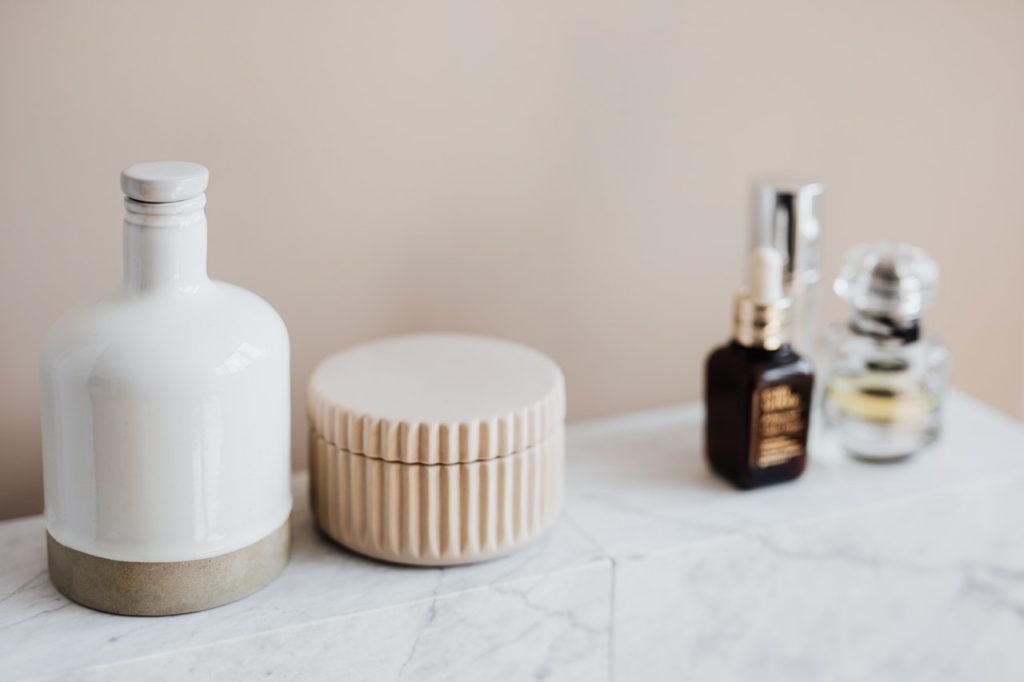Experts project that the global skincare industry will grow by $716 billion when 2025 rolls around. Unsurprisingly, the skincare market saw a transition in demand from an older demographic to a much younger customer base in the past few years.
If you have a passion for skincare and thinking of ways to earn money from what you love, starting your own line of products is not necessarily out of reach. After all, there are plenty of skincare manufacturing companies and private labeling firms that provide top-quality products without making it difficult for their clients.
Starting a brand is no longer reserved for celebrities or people with unlimited resources; as long as you have enough capital, a passion for seeing consumers gain access to top-of-the-line products, and clever marketing strategies, it’s possible to get your own successful skincare brand off the ground. Here are some key tips for effectively marketing a skincare brand in a saturated market.
Leverage your values and integrity.
In 2020, a survey of 8,600 Southeast Asian consumers found that the COVID-19 crisis has caused them to be more discerning about the products they purchase and more frugal in terms of spending for spending. Whatever your demographic is, it’s not unreasonable to believe that they would have the same mindset as this sample.
More than ever, consumers are looking for brands that also place a premium on honesty, transparency, and integrity. Those who have a passion for beauty are going back to the basics, which means they are looking for credible brands worthy of their trust. You can be this brand by making your values the cornerstone of your skincare line, like choosing all-natural ingredients and eco-friendly packaging.
Advocate for inclusivity and self-care.
Since the beauty and skincare industry is all about building consumers’ confidence and self-esteem, it must lead the charge towards inclusivity and representation of all genders, ages, and sizes. Don’t choose models of the same mold—the typical skinny, fair-skinned prototype. Use your platform to amplify the often neglected communities like LGBTQIA+, minorities, and the disabled. It’s not about pandering to a specific sector; it’s about giving voice to your customers who have never seen themselves positively represented in the media.
In the time of COVID-19, skincare also needs to be marketed as a form of self-care, which it is. Even before the pandemic, experts have already talked about how doing our skincare routine regularly can help lower anxiety levels. It provides us with a sense of control in a world of chaos. Although you can’t claim that your skincare line will cure their anxiety, you can certainly market it as a form of self-care.

Focus on building community.
Successful brands, especially those in the beauty and self-care industry, need to prioritize building a customer base loyal to their values, advocacy, and purpose. You can do this by providing your customers with channels to share their experiences and communicate and connect with your other customers. This can take the form of user-generated content through your brand’s own hashtags or even a Facebook group. One successful example of this is the brand Glossier, which is known for treating every single one of their customers as if they’re an influencer.
Another way to build community is by prioritizing them every time you have a new launch. You can choose to post on your Facebook group ahead of your brand’s other social media platforms. This will keep your loyal customers engaged and make those outside want to be part of the community. You can also make personalized experiences a priority by live tutorials and virtual consultations, helping them find the best routine for their skin’s specific needs and issues.
Be consistent and accessible.
Creating aesthetically-pleasing and valuable content is already a given, but you also need to be consistent in your posting schedule. Studies found that there are best times to post on specific platforms, depending on your target demographic and the type of product and service you’re selling. You can experiment on the best times to post that can translate to sales, but you can also look into what marketing studies have found to find the times consumers are on their phones the most.
Final Thoughts
Skincare products seem non-essential at such a time like this, but that can’t be further from the truth, especially if you eventually expand to hygienic products as well. As long as you can pivot according to the cultural moment, there’s no reason why a skincare line can’t succeed during a pandemic.


